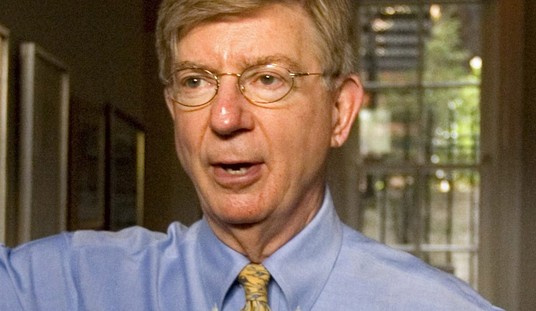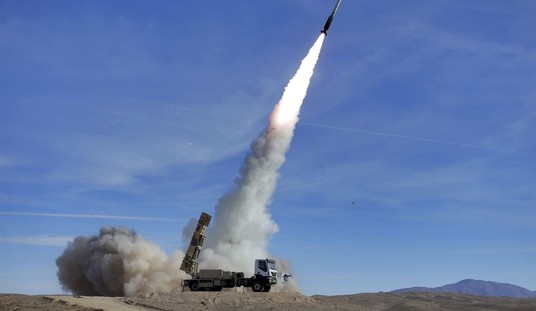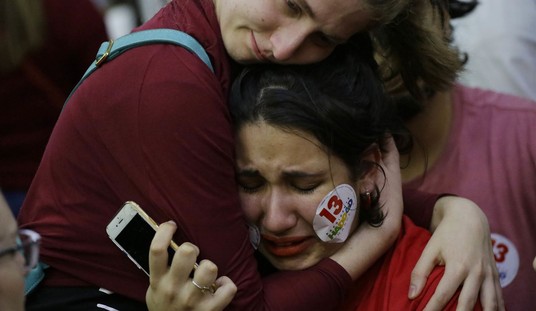After decades of pleading by American presidents, Germany has finally agreed to raise its defense spending above 2% of GDP. In addition, Germany has decided to create a strategic natural gas reserve, much like the U.S. Petroleum Reserve.
The measures, all of which had long been resisted by successive governments and will now be reflected in this year’s budget, underline how profoundly Russia’s attack on Ukraine is upending European politics after almost eight decades of nearly uninterrupted peace on the continent.
“We have to ask ourselves: What capacities does Putin’s Russia have? And which capacities do we need to counter his threats?” Mr. Scholz told parliament, gathered for an extraordinary session on Sunday. “It’s clear, we will need to invest a lot more in the security of our country to defend our freedom and our democracy.”
“Putin wants to establish a Russian empire…the question is…whether we can summon the strength to set boundaries to warmongers like Putin,” Mr. Scholz said.
It’s the latest response from western nations faced with a newly-aggressive and combative Vladimir Putin in Russia. And it’s one more signal that Barack Obama was seriously mistaken in the 2012 campaign when he sarcastically said the “1980s are calling and want their foreign policy back.”
Indeed, Mitt Romney’s warnings about Russia and Putin in 2012 — sneeringly dismissed by Barack Obama — are coming back to haunt Obama’s vice president, Joe Biden.
The media mostly chortled and said how right Mr. Obama was. In April 2012 Joe Biden used a similar attack line in a speech. “When we came to office, President Obama reset our relationship with Russia. . . . But just a month ago, Governor Romney called and here again I quote, ‘without question our number one geopolitical foe’ is Russia. As my brother would say, go figure,” the then Vice President said. “Look, I think it’s fair to say when it comes to Russia, based on only what we know he’s said so far, Governor Romney is mired in a Cold War mindset.”
In 2012 Mr. Putin had already invaded Georgia and was walking away from the Nunn-Lugar nuclear arms-control process. Russia was also opposing U.S. interests around the world. Two years later, in 2014, Mr. Putin invaded Crimea, his proxies grabbed eastern Ukraine, and in 2015 he intervened in Syria to rescue dictator Bashar Assad.
Funny, we haven’t heard much in the media about Biden’s spectacular underestimation of Putin, both then and now.
Related: Actions by the ‘Ukraine Tank Man’ Echo 1989 Tiananmen Square Massacre
A “new cold war” is probably the wrong way to describe future relations between the West and Putin. There are tens of billions of dollars in reciprocal trade between NATO nations and Putin’s Russia. The Europeans aren’t going to try and isolate Putin for long given their dependency on Russian oil and gas. More than that, the psychological threat of Putin’s Russia is nowhere near what it was for the Soviet Union. Russia is far weaker militarily today than it was during the cold war.
There are still avenues of cooperation between Moscow and Washington that both Biden and Putin will want to keep open because it benefits both nations, specifically involving international terrorism.
There won’t be a “new cold war” with Russia. But relations between Moscow and Washington will remain frosty until Putin is out of office.










